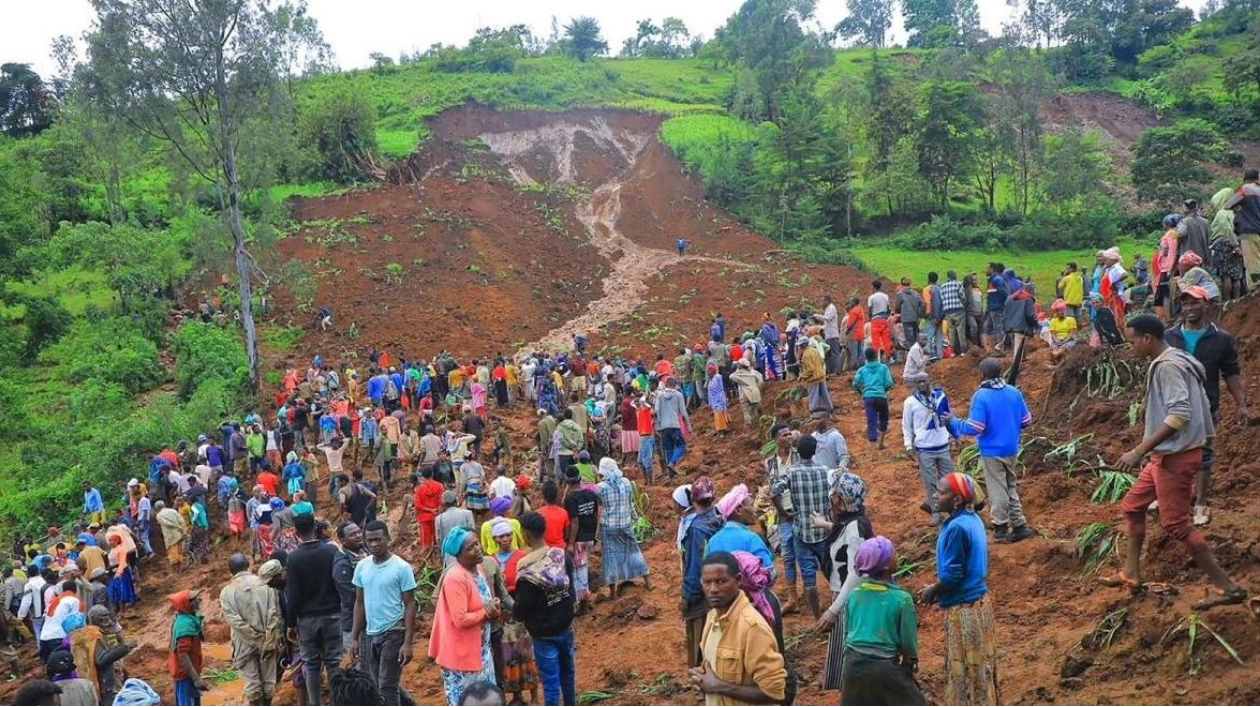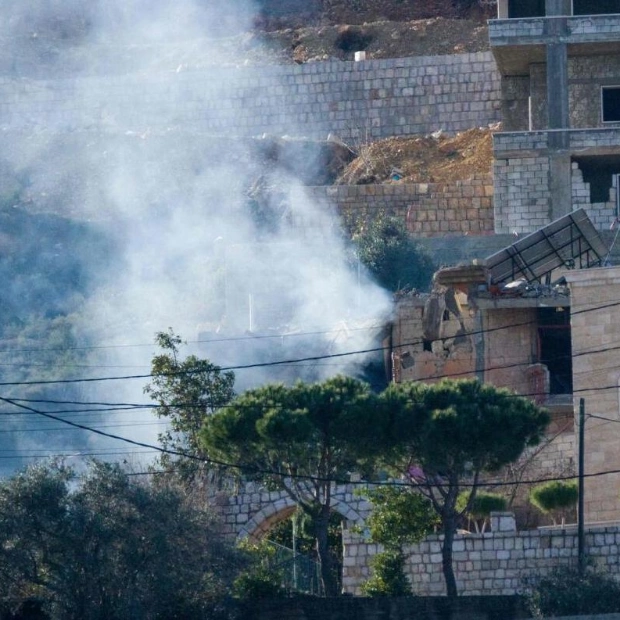Rescuers continue their somber search for bodies and survivors in Kencho Shacha Gozdi, where distressed locals are sifting through mud, often with their bare hands and shovels. The UN's humanitarian agency, OCHA, reported on July 24 that the death toll had reached 257, with estimates suggesting it could climb as high as 500. Over 15,000 people are at risk of further landslides and need evacuation, including at least 1,320 children under five and 5,293 pregnant women or new mothers. Aid has started to reach the remote area, with four trucks of essential supplies from the Ethiopian Red Cross Society.
This landslide is the most fatal recorded in Ethiopia, a country frequently hit by climate-related calamities. Most victims were buried while trying to assist after the initial landslide, which occurred following heavy rains approximately 480 km from Addis Ababa. Villagers transported bodies on improvised stretchers, while nearby, women mourned over shrouded bodies prepared for burial. OCHA noted that 12 injured individuals were hospitalized, and at least 125 were displaced and seeking shelter with local residents. The number of missing persons remains unknown. UN Secretary-General Antonio Guterres expressed his condolences, with his spokesperson, Stephane Dujarric, stating his profound sadness. The UN and its partners are collaborating with the government to evaluate the situation and determine the extent of the damage and humanitarian needs.
UN agencies are sending food, nutrition, health, and other vital supplies to aid those affected by the landslides. Senait Solomon, head of communications for the South Ethiopia regional government, highlighted that the landslide site was on a slope and susceptible to disasters, with ongoing conservation efforts including tree planting at the time of the incident. Ethiopia, with about 18% of its population relying on humanitarian aid due to conflicts and natural disasters like flooding and drought, saw a smaller-scale landslide in the same area in May, resulting in over 50 deaths. Seasonal rains between April and early May had previously caused flooding, displacement, and damage to livelihoods and infrastructure.
In 2017, a garbage dump collapse near Addis Ababa claimed at least 113 lives. The most devastating landslide in Africa occurred in Freetown, Sierra Leone, in August 2017, where 1,141 people died. Additionally, over 350 perished in mudslides in the Mount Elgon region of eastern Uganda in February 2010.






